Energy Storage Lithium Iron Phosphate Battery Warranty Requirements
Energy storage lithium iron phosphate battery as a common energy storage device, its performance and reliability are crucial to the operation and safety of the energy storage system. In order to ensure the quality and reliability of lithium iron phosphate batteries for energy storage, manufacturers and users usually formulate a series of quality assurance requirements. These requirements cover the design, manufacture, transportation, installation and use of the battery to ensure the normal operation and stability of the battery throughout its life cycle. This article will discuss the quality assurance requirements, standards and importance of lithium iron phosphate batteries for energy storage.
1. Quality assurance requirements for lithium iron phosphate batteries
the warranty requirements of lithium iron phosphate batteries for energy storage usually include the following aspects:
- design requirements: including battery design parameters, working principle and safety design, etc. Ensure that the battery design is reasonable, stable and safe.
- Manufacturing Requirements: including battery production process, material selection, quality control, etc. Ensure that the battery manufacturing process complies with relevant standards and specifications.
- Transportation requirements: including battery packaging, transportation mode and conditions, etc. Ensure that the battery is not damaged during transportation.
- Installation Requirements: including battery installation location, connection method, environmental requirements, etc. Make sure that the battery can run normally after installation.
- usage requirements: including battery charging and discharging parameters, use environment, maintenance, etc. Ensure that users use the battery correctly and prolong the battery life.
2. Quality assurance requirements for lithium iron phosphate batteries
in order to ensure the quality and safety of lithium iron phosphate batteries for energy storage, the following standards and specifications are usually referred:
- national standard: such as "quality standard of energy storage lithium iron phosphate battery products" and other relevant standards stipulate the design, manufacture, testing and quality requirements of batteries.
- Industry Standard: industry standards such as "safe use specification of energy storage lithium iron phosphate batteries" stipulate the safe use and maintenance methods of batteries.
- Manufacturer specifications: different manufacturers may have their own quality assurance requirements and specifications, and users should use the batteries correctly according to the manuals and instructions provided by the manufacturers.
3. Importance of quality assurance requirements for lithium iron phosphate batteries
the quality assurance requirements of lithium iron phosphate batteries for energy storage are very important to ensure the safety and reliability of batteries. Compliance with warranty requirements can ensure the normal operation of the battery throughout the life cycle, prolong the service life of the battery, and reduce the possibility of failures and accidents. At the same time, the quality assurance requirements are also helpful to improve the communication and cooperation between manufacturers and users, ensuring that both parties can understand and abide by relevant specifications and standards.
the Quality Assurance requirement of lithium iron phosphate battery for energy storage is the key factor to ensure the performance and reliability of the battery. By formulating and complying with the quality assurance requirements, the normal operation of the battery throughout the life cycle can be guaranteed, and the safety and stability of system operation can be improved. Manufacturers and users should pay close attention to the implementation and compliance of quality assurance requirements, jointly ensure the quality and reliability of lithium iron phosphate batteries for energy storage, and promote the development and application of energy storage technology.
 Dongguan Juneng New Energy Technology Co., Ltd.
Dongguan Juneng New Energy Technology Co., Ltd.
 137 5142 6524(Miss Gao)
137 5142 6524(Miss Gao)
 susiegao@power-ing.com
susiegao@power-ing.com
 Xinghuiyuan High tech Industrial Park, Dalang Town, Dongguan City, Guangdong Province
Xinghuiyuan High tech Industrial Park, Dalang Town, Dongguan City, Guangdong Province


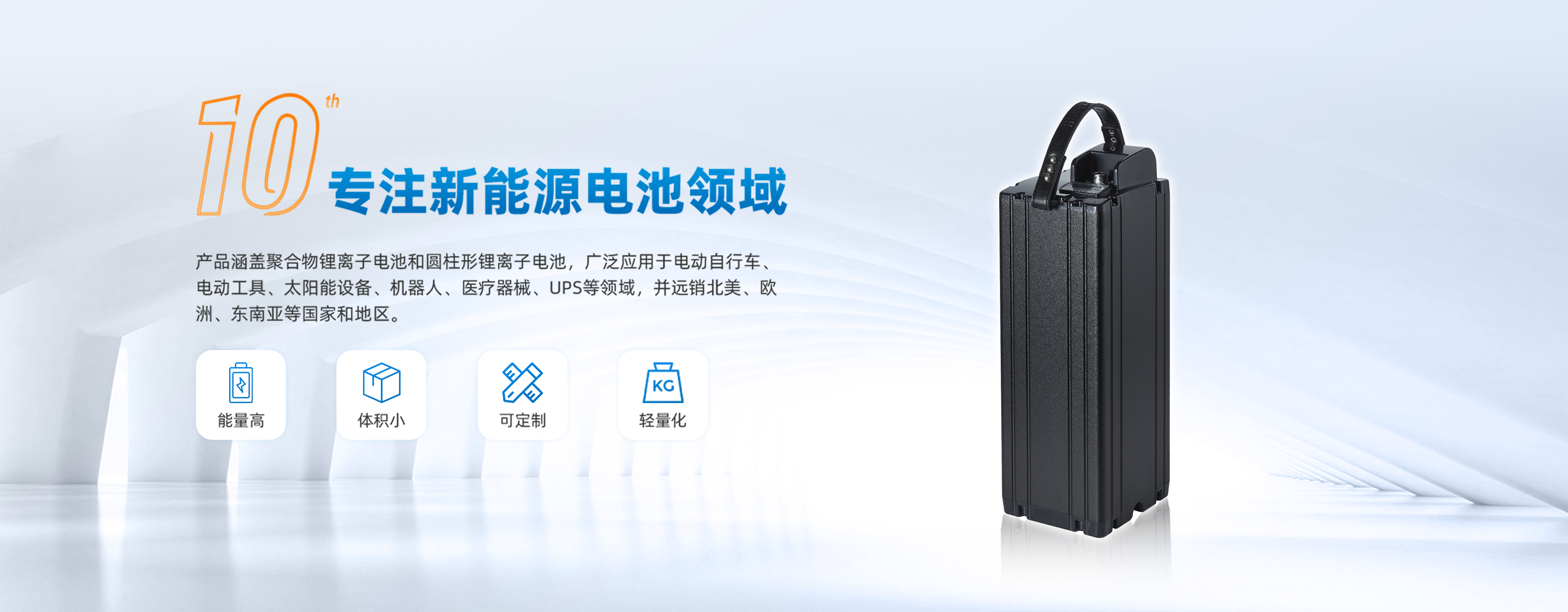
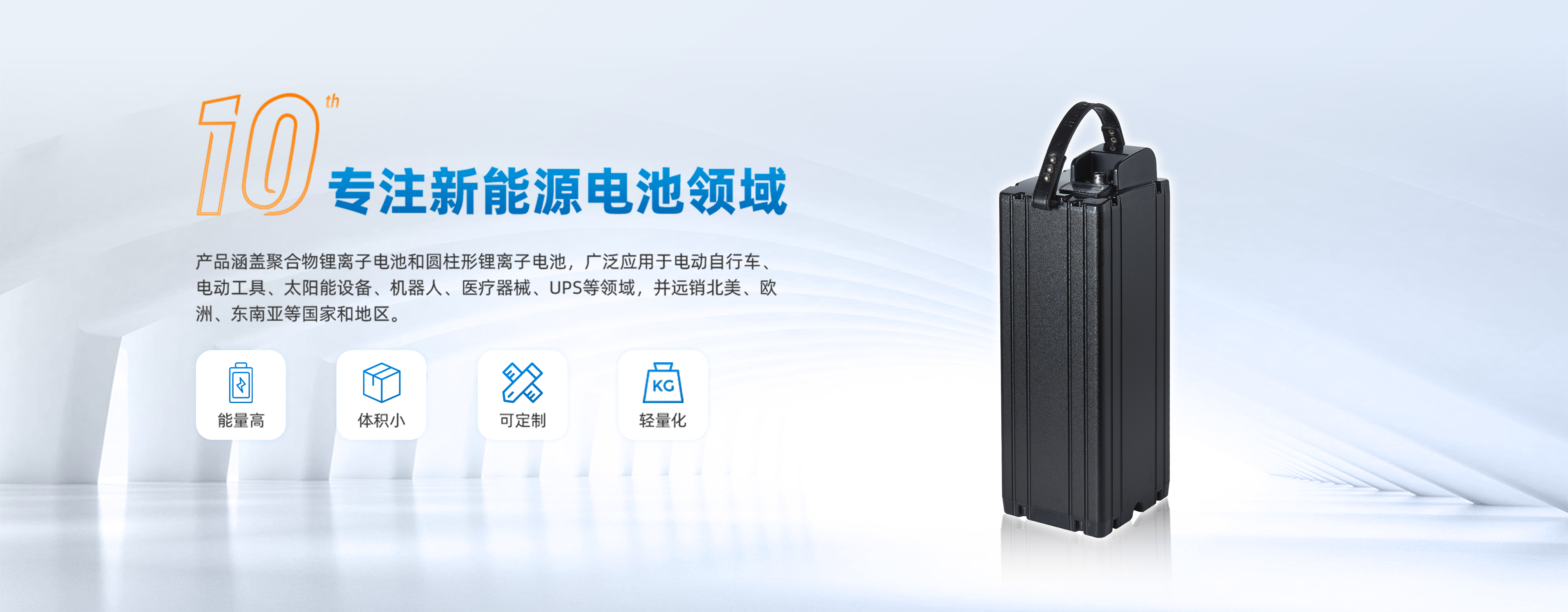
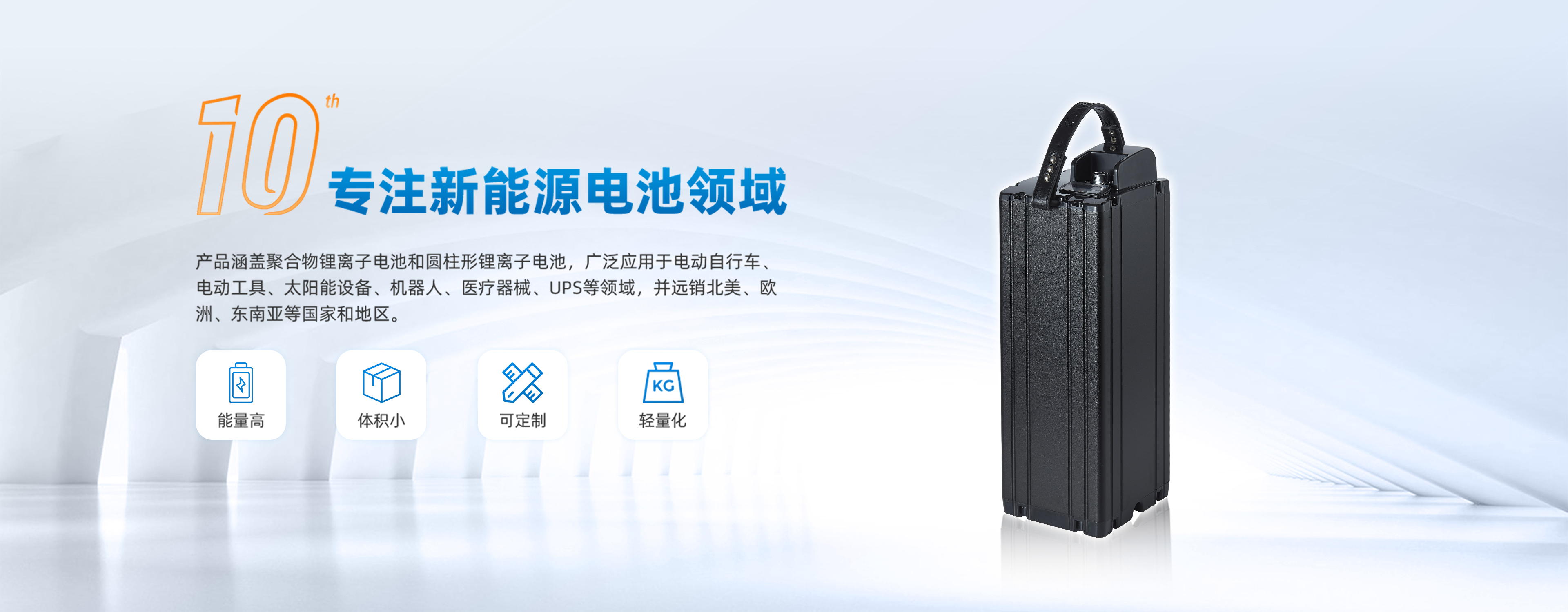



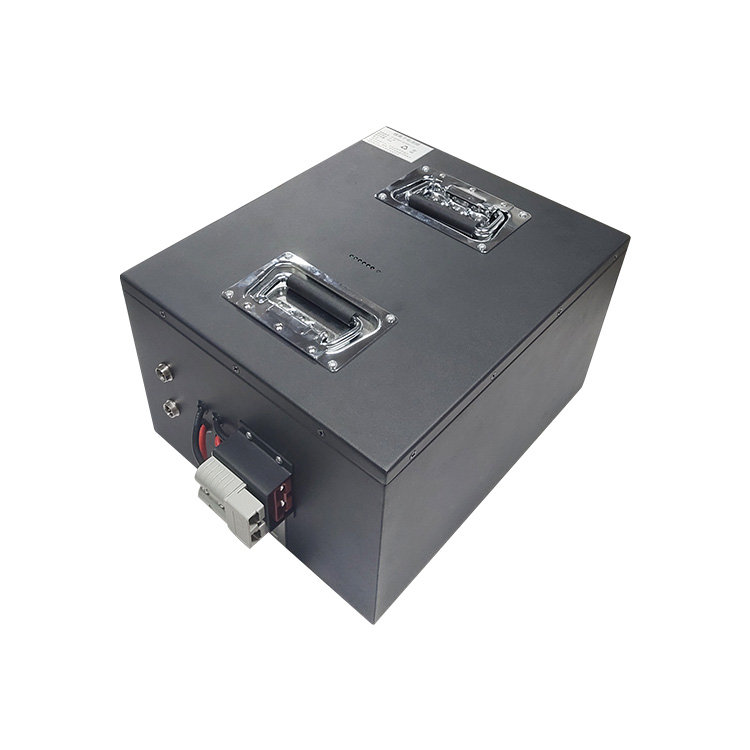


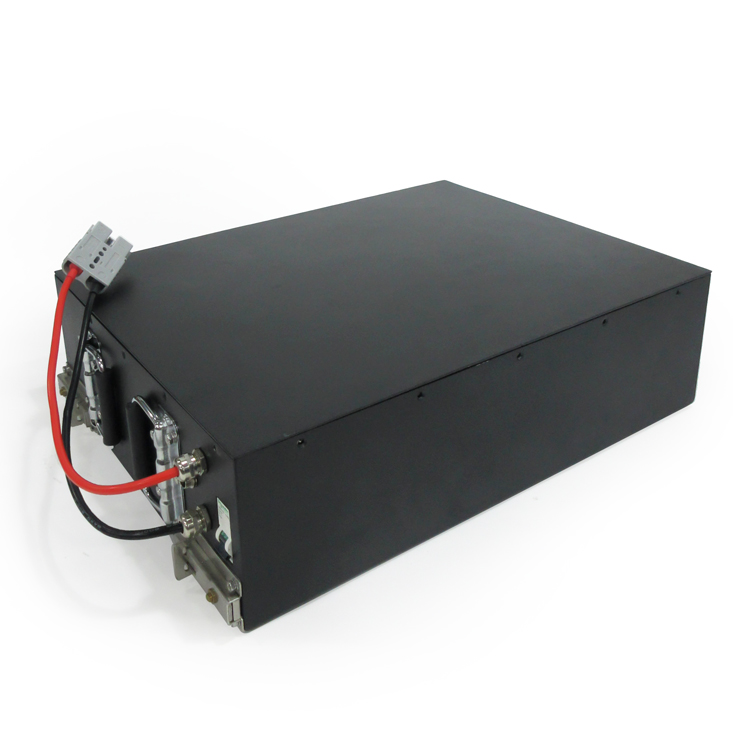

 Yue Gong Wang An Bei No. 4419002007491
Yue Gong Wang An Bei No. 4419002007491